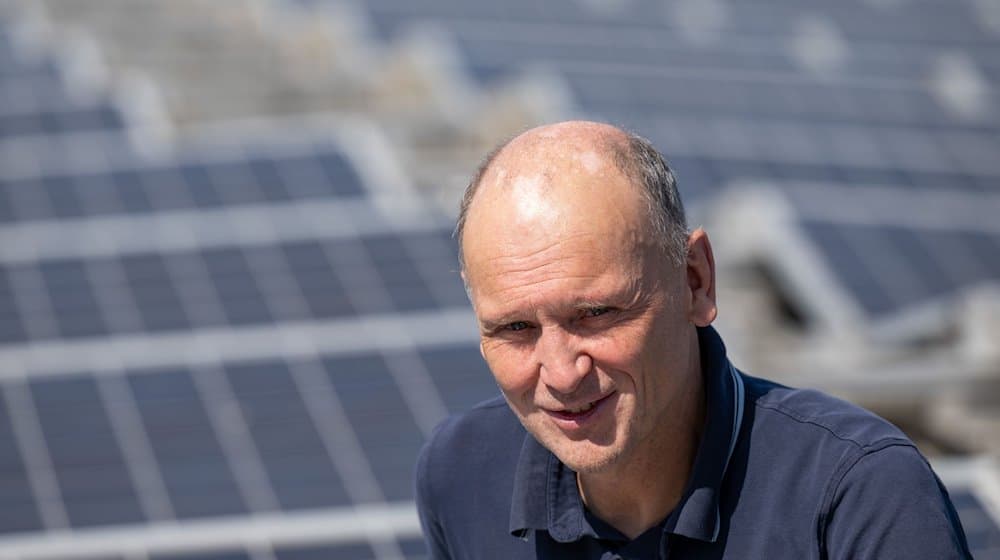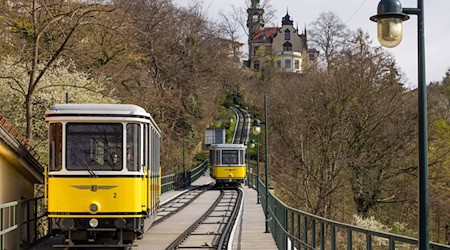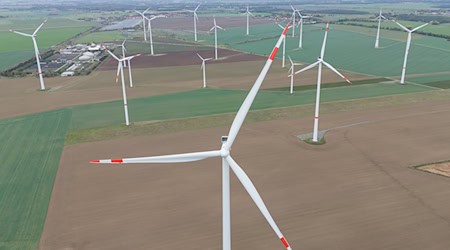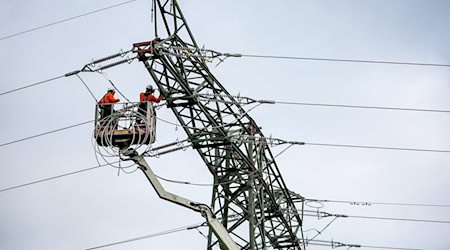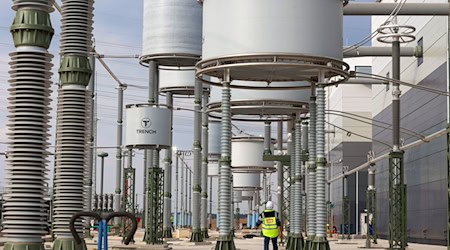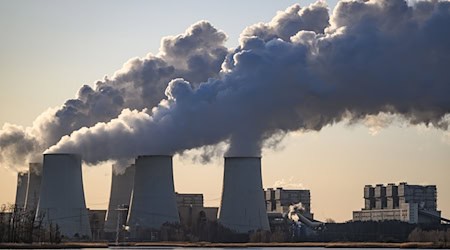Since the start of the war of aggression against Ukraine at the beginning of 2022 and the associated loss of Russian energy imports, energy cooperatives have grown throughout Germany - including in Saxony. "We are constantly and steadily gaining new members," said Matthias Gehling, Member of the Board of Energiegenossenschaft Leipzig. An energy cooperative is a group of people who join together to produce and use renewable energy. For example, they have solar systems built on buildings and then share the energy generated or the proceeds from it.
A study by the German Cooperative and Raiffeisen Association (DGRV) confirms the upward trend. According to the study, 36 new energy cooperatives were founded across Germany in 2022 alone. In addition, the number of members in Germany increased by 20,000 to 220,000 within one year.
According to Bürgerwerke, an association of citizen energy companies, Bavaria has the most energy cooperatives in Germany with 205 and Baden-Württemberg with 155. Saxony is in ninth place with 15 cooperatives. In addition to Energiegenossenschaft Leipzig, the Dresden-based cooperative Neue Energien Ostsachsen (egNEOS), Bürgerenergie Erzgebirge and Energiegenossenschaft Chemnitz are also active in the state.
In the view of the cooperatives, there is room for improvement in the remuneration regulations for the electricity produced. According to the Leipzig energy cooperative, medium-sized solar systems that do not belong to the property owner are at a disadvantage compared to small systems owned by homeowners. The Leipzig Energy Cooperative hopes that it can continue to rely on political support for the energy transition locally in the future. In particular, the upcoming state elections in Saxony and the possible restructuring of the ministries are giving many members a queasy feeling. "We are afraid that the Ministry of the Environment will fall into bad hands," emphasized Gehling.
Copyright 2024, dpa (www.dpa.de). All rights reserved

